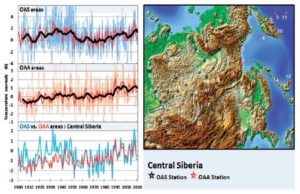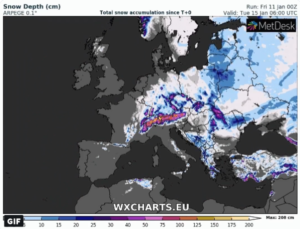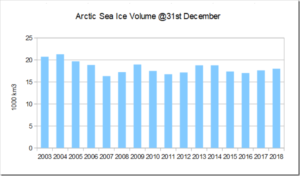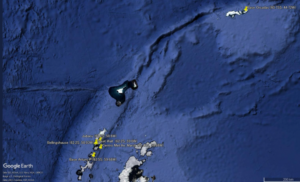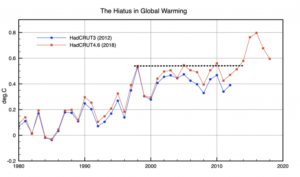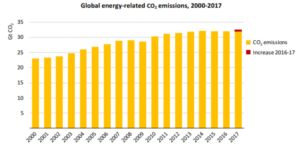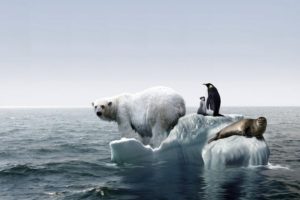by Press Release, GWPF, December 20, 2018
London, 20 December: One of Europe’s most eminent climate scientists has documented the main scientific reasons why the recent UN climate summit failed to welcome the IPCC’s report on global warming of 1.5°C.
In a paper published today by the Global Warming Policy Foundation Professor Ray Bates of University College Dublin explains the main reasons for the significant controversy about the latest IPCC report within the international community.
The IPCC’s Special Report on a Global Warming of 1.5°C (SR1.5) was released by the Intergovernmental Panel on Climate Change (IPCC) in advance of the recent COP24 meeting in Katowice, Poland, but was not adopted by the meeting due to objections by a number of governments.
Professor Bates examines some key aspects of the SR1.5 report. He assesses if the IPCC report exhibits a level of scientific rigour commensurate with the scale of its extremely costly and highly disruptive recommendation that carbon emissions be reduced to zero by mid-century.
The paper concludes that such a level of scientific rigour is not present in the report. Specifically, SR1.5 is deficient in scientific rigour in the following respects:
…

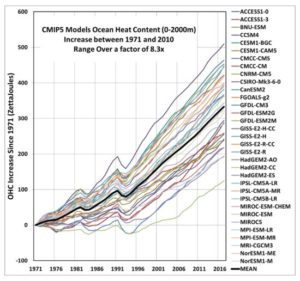
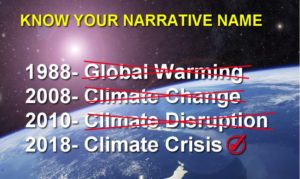 .
.